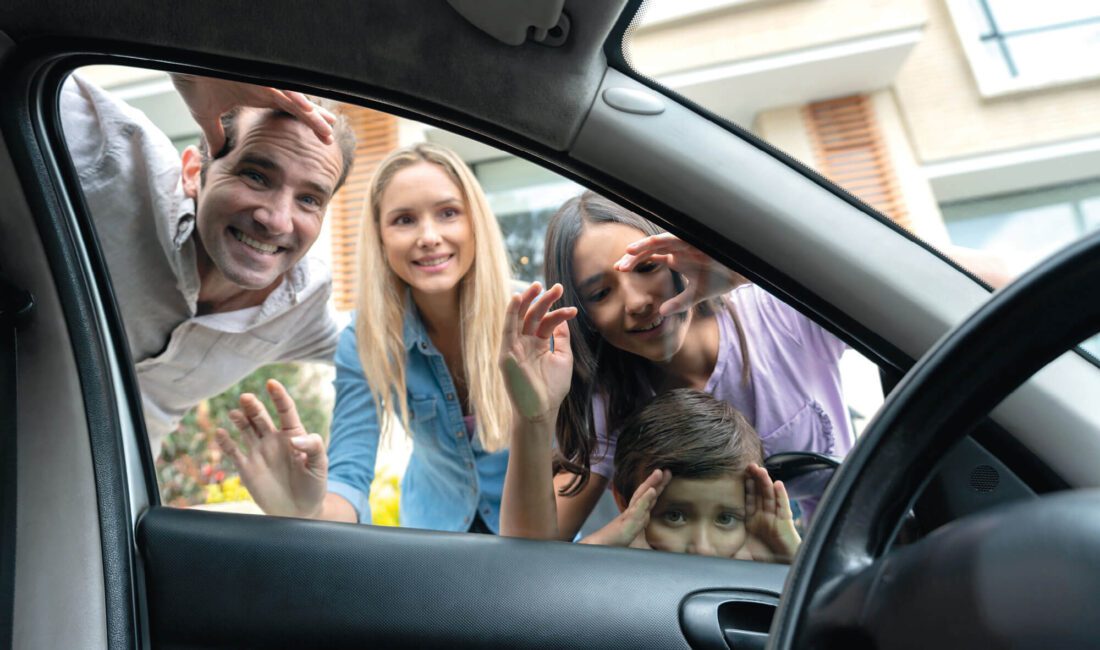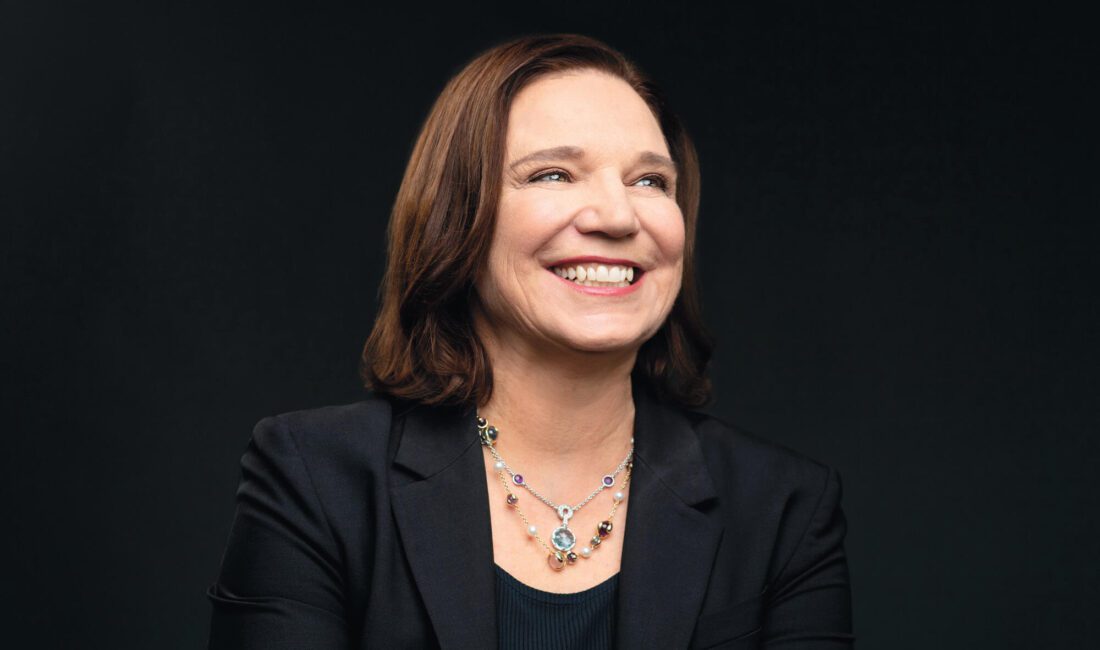Neighborhood Watch

Chris Hulls, BS 06. Photo: Life360.
Chris Hulls has given millions of parents worldwide peace of mind. He’s the co-founder and CEO of San Francisco-based Life360, a family-focused location-sharing app. It now also allows users to connect and track pets and objects as well as offers emergency assistance, identity protection, and more. Hulls got the idea for Life360 after Hurricane Katrina in 2005 and mapped out his business plan in an entrepreneurship class at Haas. As a student, his idea won $275,000 in a Google software challenge. Along the way, he’s leaned on Haas connections to grow the company into the largest location-sharing app, with over 60 million active users worldwide. Here’s a look at how he did it.
2008
Life360 launches to keep families safe. In its first three years, 25 million users sign up. Collectively, they share more than 150 billion location points—or 2,500 locations every second.
2012
The company wins a prestigious Webby Award and launches a geo-fencing feature, called “Places,” that allows users to receive alerts for specific locations. Angel investor Mark Goines, MBA 76, introduces Hulls to Itamar Novick, MBA 12, who joins the company as a stakeholder and spends nearly a decade there, mostly as chief business officer.
2013
The new “Circles” feature allows for private connections with friends, babysitters, dogwalkers, and other non-family members.

Image: iStock.
2014
Despite only being available in English, Life360 experiences 260% growth internationally and responds by launching in eight languages.
2019
Life360 goes public on the Australian Stock Exchange (ASX) under the ticker “360.”
2020
Responding to young users’ complaints about overbearing parents infringing on their privacy, Life360 develops “Bubbles,” which give teens the ability to show their general (but not exact) location.
2021
Life360 acquires Tile, a consumer electronics company known for its tracking devices, for $205 million. Families in 195 countries now use the app.
2023
The company cuts 14% of its staff and achieves adjusted profitability in Q1, faster than expected. Market value exceeds $1.4 billion, and growth continues as an in-house survey shows that Gen-Z embraces location sharing for its sense of safety.
Posted in:
Topics:



